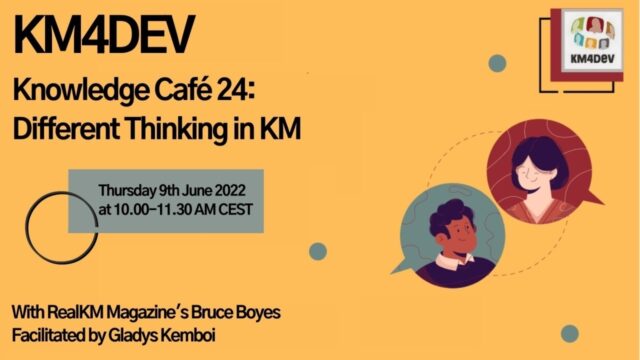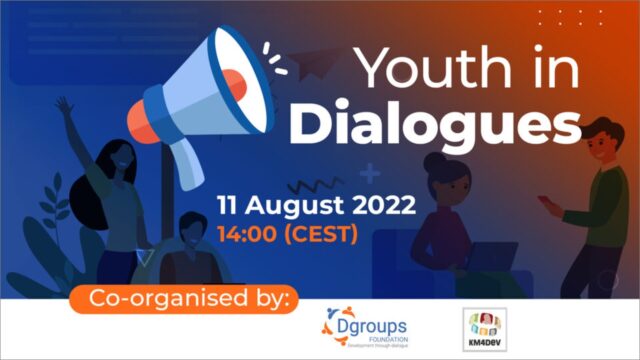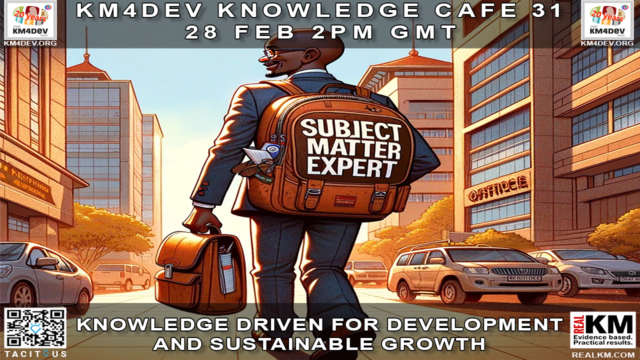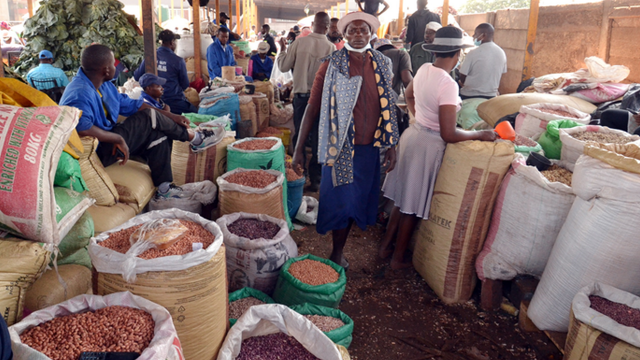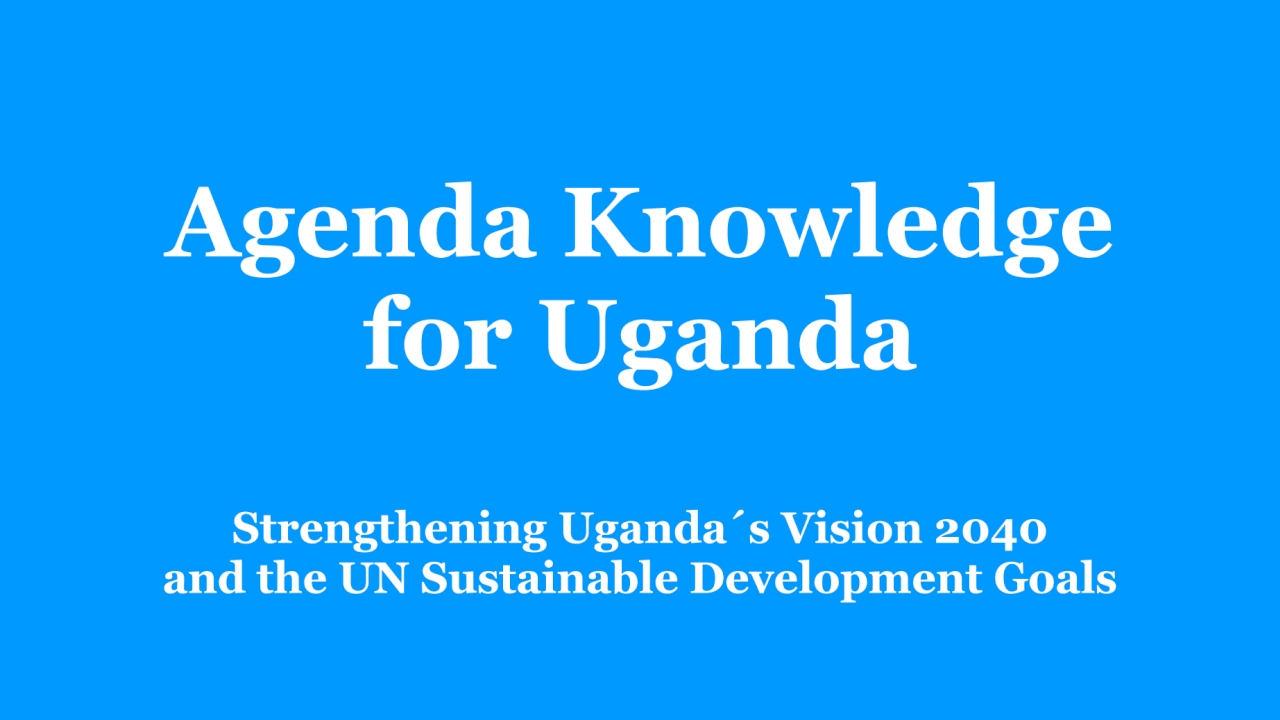
Launch of first national knowledge agenda linked to global Agenda Knowledge for Development
Dr. Andreas Brandner, Managing Director of the Knowledge for Development Partnership (K4DP), advises that the very first national knowledge agenda linked with the global Agenda Knowledge for Development has been launched.
This is the Agenda Knowledge for Uganda, which has been developed by the Knowledge Partnership Uganda, a multi-stakeholder partnership launched by K4DP in cooperation with the Ugandan National Planning Authority and knowledge.city Uganda.
Brandner reports that the Agenda Knowledge for Uganda reflects well the national realities and challenges, and includes a sound and unique portfolio of actions that reflect the different perspectives of citizens, organisations and the society as a whole. It is built on contributions of Ugandan stakeholders including government, science, business, NGOs, artists, and more.
He also alerts that the launch of the Agenda Knowledge for Uganda is a call to action for other countries, stating that:
Any country can develop such a Knowledge Agenda with acceptable efforts, and it creates awareness and a different view on knowledge, which very often is only linked to education, science and technology alone. It is an integrative and guiding instrument for a national knowledge partnership … [P]lease consider being a facilitator for a Knowledge Agenda in your country. If you have questions on the process, we will share with delight our experiences.
Summary of objectives and action points – Agenda Knowledge for Uganda
Objective 1: Happy, knowledgeable citizens
Action point 1: Enable diversity and pluralism
Action point 2: Provide quality education for all, foster knowledge skills
Action point 3: Empower youth and generation partnership
Action point 4: Systematically identify and mitigate knowledge exclusion
Action point 5: Media to strengthen SDG-related knowledge communication
Action point 6: Foster easy and affordable access to ICT
Action point 7: Enable knowledge work and entrepreneurship
Objective 2: Knowledge-based, collaborative organisations
Action point 8: Strengthen knowledge-service providers
Action point 9: Professionalize Knowledge Management
Action point 10: Digitalize public and private processes
Action point 11: Put knowledge acquisition at the core of procurement
Action point 12: Invest in knowledge services and technology
Action point 13: Develop knowledge export and knowledge tourism
Action point 14: Organisations to partner with schools and academic institutions
Objective 3: Sustainable knowledge society
Action point 15: Profile Ugandan knowledge identity and capture its heritage
Action point 16: Develop knowledge strategies and partnerships in all sectors
Action point 17: Make best use of the knowledge of diaspora and immigrants
Action point 18: Connect with and lead in international knowledge networks
Action point 19: Public bodies to provide its knowledge openly
Action point 20: Create public knowledge spaces and profile knowledge cities
Action point 21: Religion, art, and culture to co-create knowledge society
Also published on Medium.

